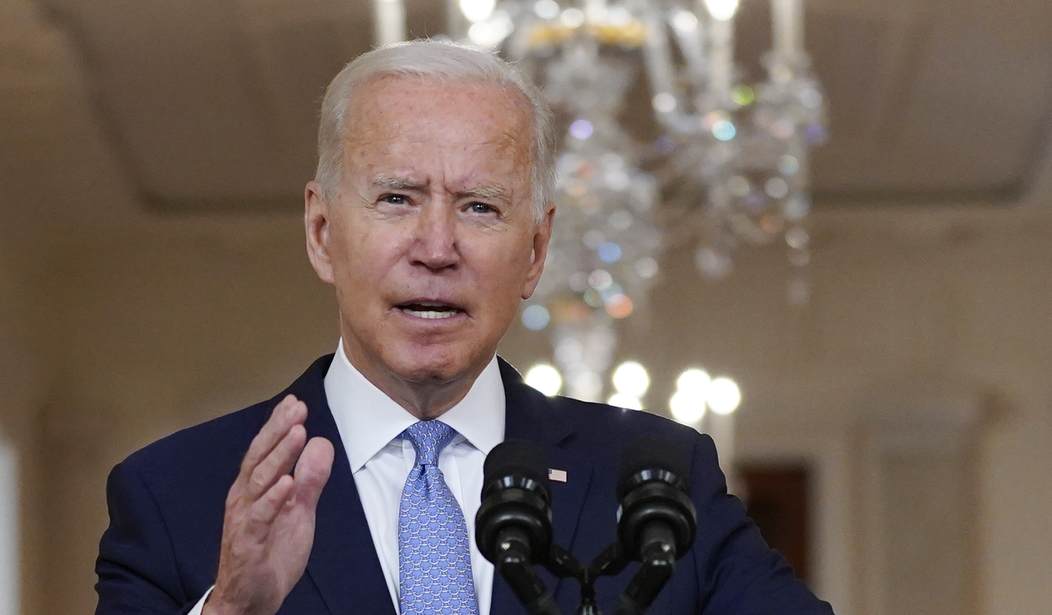On September 15, the House Energy and Commerce, Ways and Means, Veterans’ Affairs, and Judiciary Committees each completed marking up and approving provisions of the Build Back Better Act (BBBA), the legislation intended to implement the Administration’s social and education spending plan. While the provisions included in the Ways and Means Plan are intended to “pave the way” to allow America to Build Back Better, some of them come at significant costs for homeowners, innovation, healthcare, and job opportunities.
The dispersed list of consequences should stand as a clear indication for the unaccounted consequences that Congress is missing when rushing through legislations like the BBBA. First, the plan seeks to raise the top marginal tax rate on individual income from 37 percent to 39.6 percent and the top marginal tax rate on long-term capital gains and dividends from 20 percent to 25 percent.
An analysis by the Tax Foundation shows that when considering state and local taxes, the top marginal federal-state tax rate on capital gains would average nearly 37 percent, while six states and the District of Columbia would face combined top marginal capital gains tax rates of more than 40 percent, nearing the top rate among OECD countries, currently levied by Denmark at 42 percent. Similarly, the top tax rate on pass-through business income would exceed 50 percent in 41 states. The combined long-term ramifications of these provisions would lead to a smaller economy and fewer job opportunities as a result of reduced incentives to save, invest, and work.
The top 60 percent of income earners would experience a drop in after-tax income due to higher individual taxes. Higher corporate taxes would also contribute to this and the plan includes provisions that increase the top corporate income tax rate to 26.5 percent. A higher corporate tax rate will come at other additional costs, including reduced capital investment and lower productivity growth and lower wages in the long-term.
Recommended
The cost tab would not end here. An increase in the corporate tax would have further unintended consequences, including an increase in the cost of insurance in the U.S. The tax increases would be passed through to consumers, effectively affecting every American consumer who buys insurance, regardless of income. Mostly affected, however, will be those living in areas exposed to catastrophe losses like hurricanes, earthquakes, tornadoes, floods, and wildfires.
Increased financial distress coupled with a natural disaster could mean financial ruin for both homeowners and businesses in states like Florida, California, and Texas.
Last, the plan also includes provisions that allow the government to set prescription drug prices under Medicare Part D. While imposing price controls on prescription medications may be well-intentioned, this approach would only create a new set of intractable problems for American patients. Rather than being unable to afford medications, patients could be denied access to future drugs as well as those already on the market altogether. In exchange for some short-term price reduction, the proposed price controls would also threaten access to medicine, innovation, research, and cause drug shortages. This is not the outcome American patients and consumers would hope for.
While this is only a limited observation of the myriad aspects included in the BBBA, the short- and long-term ramifications of the provisions discussed are worrisome. Unfortunately, the ambitious intent to create jobs and lower costs for working families would be overshadowed by the long-term burdens American consumers and the economy would be subjected to.
Krisztina Pusok is a Director at the American Consumer Institute, a nonprofit educational and research organization. For more information about the Institute, visit www.TheAmericanConsumer.org or follow us on Twitter @ConsumerPal.

























Join the conversation as a VIP Member